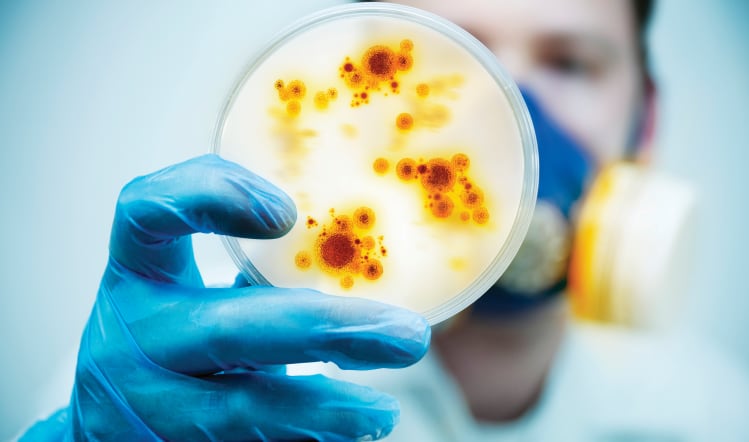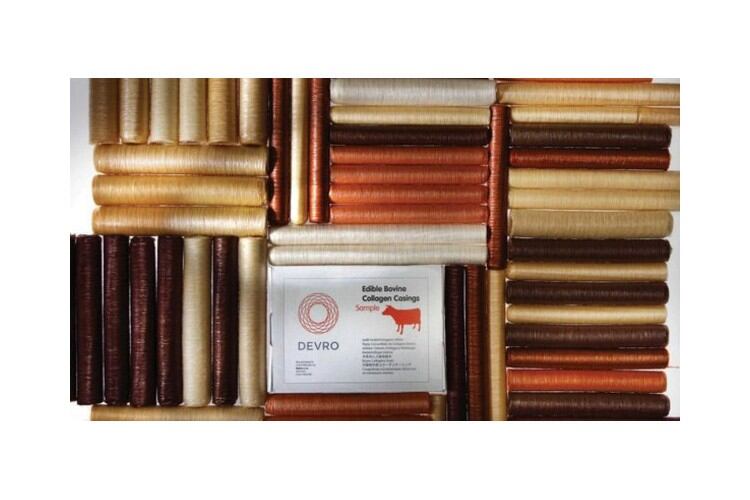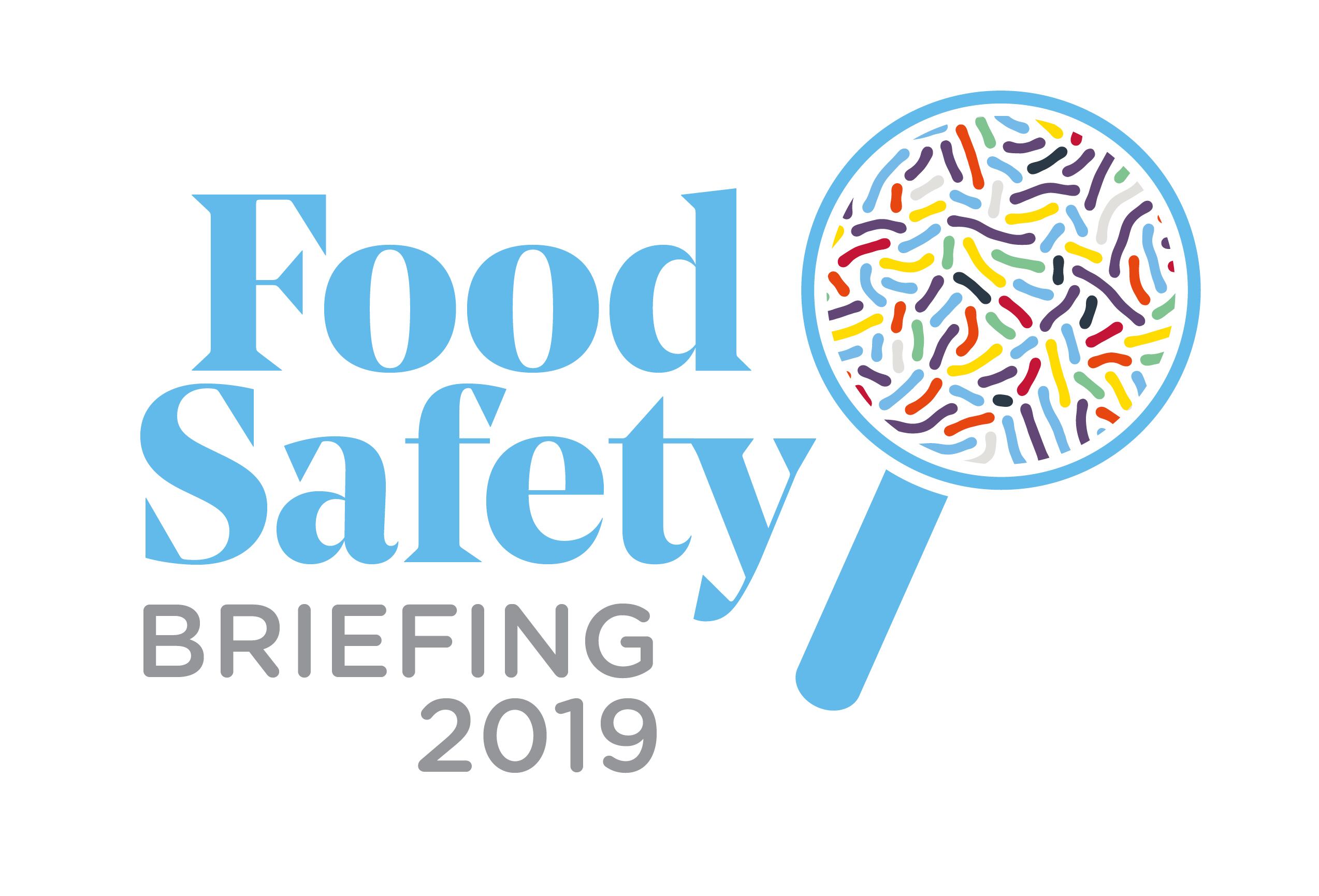The investment round was led by the North East Venture Fund (NEVF), which is supported by the European Regional Development Fund and managed by Mercia, and included funding from private investors.
The first of its kind, traXR will help prevent outbreaks of pathogens in food manufacturing plants by using AI to identify high-risk areas where dangerous bacteria such as salmonella and listeria could be present.
Mixed reality headset
The information is presented in real time through a mixed reality headset, which allows the user to track and add information while operating on the factory floor.
A spokesman for the firm told Food Manufacture that that an unnamed major UK food manufacturer had already seen a 70% increase in swabbing efficiency, severely decreasing delays on the factory floor and reducing risk.
“We believe that traXR has the ability to disrupt environmental monitoring in the food and drink processing sector and we’re delighted that we have secured the funding required,” added Luminous managing director Ben Bennett.
“The technology can combine multiple information sources, including areas where people work, airflows on the property and previous risk assessments, with a digital map of the factory floor to determine high risk areas where pathogens are likely to develop.
Increase efficiencies
“This will help prevent outbreaks of pathogens, reduce downtime and increase efficiencies – providing major cost savings.”
The latest funding round follows a £250,000 investment from Mercia from its EIS funds in 2017.
Ian Wilson, investment manager with Mercia, added: “We first supported Luminous Group almost two years ago to help it develop this cutting-edge technology and the latest investment will allow the company to bring it to market.
“TraXR will dramatically improve hygiene standards, set a new benchmark within the food industry and, ultimately, may have applications across a wide range of industries.”




